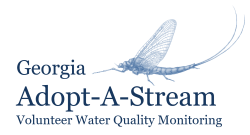
Outreach & Educational Programs
Georgia Adopt-A-Stream

Adopt-A-Stream is Georgia's volunteer water quality monitoring program, which targets Georgia 5th graders through senior citizens. The program engages citizens in water protection activities through a series of educational workshops, training individuals on the physical, chemical and biological health of our waterways. Through 60 local partners, Adopt-A-Stream supports more than 200 groups in monitoring 700 sites, with thousands more participating across the state.
Project WET

Project WET is Water Education Today, a water education program for K-12 formal and non-formal educators. Project WET provides numerous classroom-ready teaching aids with the goal of promoting awareness, appreciation, knowledge, and stewardship of water resources. Project WET envisions a world in which action-oriented education enables every child to understand and value water, ensuring a sustainable future. Educate. Empower. Act.
Rivers Alive
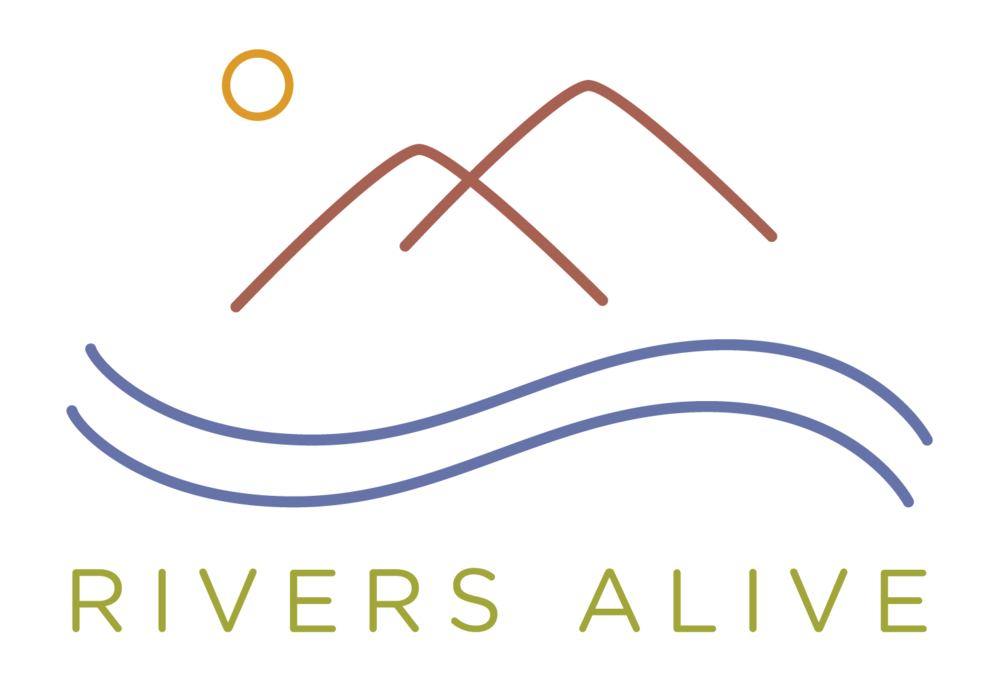
Rivers Alive is Georgia's annual waterway cleanup targeting all rivers, lakes, wetlands and coastal waters with goals of creating awareness of and involvement in the preservation of Georgia's water resources. This year-round program culminates with a flurry of cleanups in the fall, attracting more than 25,000 volunteers who annually remove more than half a million pounds of trash from thousands of miles of Georgia waters.
River of Words
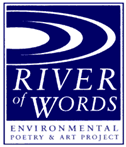
River of Words is a free program designed to encourage K-12 students to use their creativity to express what they’ve learned about watersheds through poetry and art. The art and poetry can then be entered into an international contest. Students may enter either on their own or as part of a group under the guidance of a facilitator or teacher (as in a classroom, scout troop, 4-H, or other group activity). Georgia winners are featured in an annual art and poetry anthology and their work travels across the state in the Georgia River of Words exhibition.
Environmental Education in Georgia
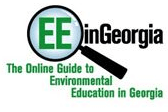
The Online Guide to Environmental Education in Georgia serves teachers and other educators by providing environmental education (EE) lesson plans based on Georgia’s curriculum standards, a searchable directory of Georgia's EE organizations and the resources they offer, a statewide calendar of EE events, EE news, and facts about Georgia's environment.
Air Protection Branch Outreach
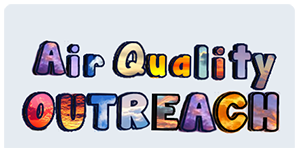
The Air Protection Branch Outreach page explains air pollution and the air pollutants we regulate in Georgia. Additional outreach materials including links to brochures and teaching aides are available on our Student and Teacher Resources page.
Georgia Commute Options Program
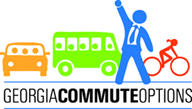
Georgia Commute Options are free services for commuters and employers that make it easier to switch from driving alone to one of the many other commute options available, such as: carpooling, vanpooling, mass transit, teleworking (working from home), bicycling and walking. More than 1,600 employers and 85,000 Georgians have used these services, and the numbers are growing. Georgians are saving thousands of dollars a year on their commutes, earning cash and winning prizes. Employers are seeing boosts in productivity, morale and their bottom lines. These programs also keep about 1.1 million vehicle miles off our roads every workday.
Georgia’s Clean Air Force
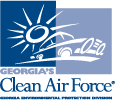
Georgia’s Clean Air Force (GCAF) was created in 1996 as a result of the Clean Air Act and with the support of the Georgia legislature. In conjunction with the Georgia Environmental Protection Division, GCAF serves as the state’s Vehicle Emission Inspection and Maintenance (I/M) Program.
Vehicle emissions are a major contributor to air pollution as metro Atlanta continues to grow. The health, environmental, and economic impacts of air pollution are significant. Furthermore, pollution poses mounting dangers to public health and welfare. GCAF is designed to identify, and ultimately repair, vehicles that pollute the air, while helping our area maintain federal clean air standards.
Since its formation, GCAF has prevented tons of ozone-forming pollutants and particle pollution from entering the air we breathe and assisted with the metro Atlanta area attaining the ozone National Ambient Air Quality Standards. Over four million polluting vehicles have been identified and repaired since the start of the program.